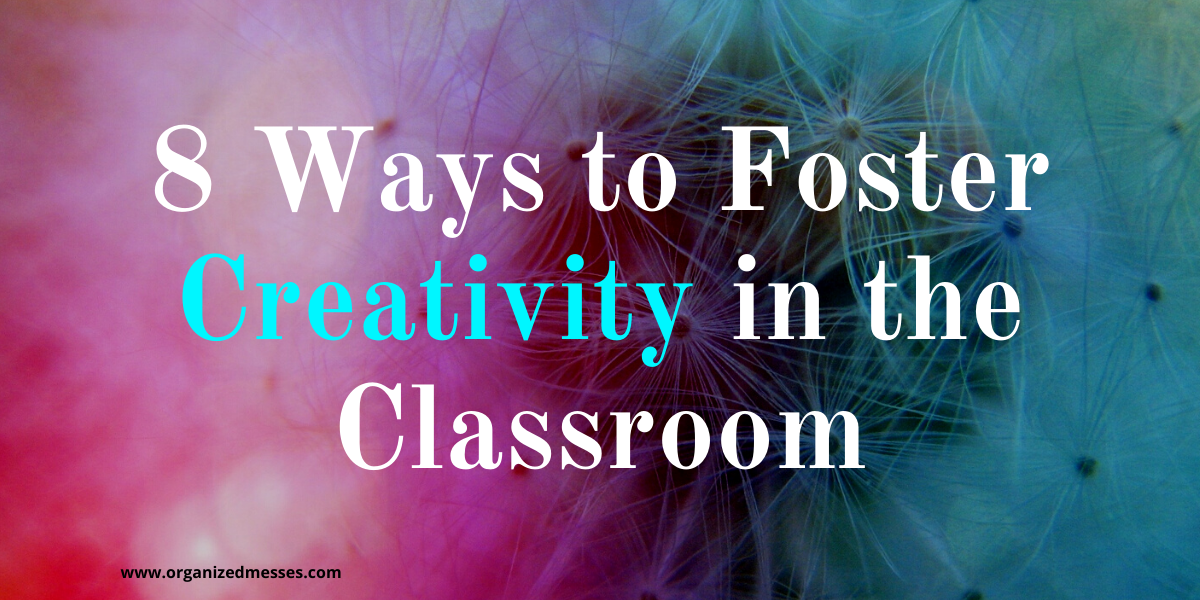Sometimes it's easier to care for and identify what needs to be done to help others in our lives. We can forget to take care of ourselves first. The problem with caring for others first is that it can lead to burning out or caregiver fatigue.
It is not selfish to care for oneself.
The healthier and happier a caregiver is, the more productive he or she can be with the helping of others. It's a win:win to practice self care. There are many lists for self care online, and here is one that I've composed. Hopefully, this list will get longer from contributions from awesome readers like you :)
Some Self Care Tips:
1) Have a moment by yourself. Do nothing and enjoy it :)
- Try sitting in a beautiful space. Whether it's plants, art, or people, find time to be around beauty as often as you can, and just enjoy the moment. Focus on your breath and how the world can slow down in this moment.
- Don't have lots of time? Try 10 minutes a day. Try 5 if 10 seems difficult.
2) Organize your living space.
- Decluttering or organizing your home can help with reducing stress. This is a great reason to go shopping for some pleasing furniture and art for your home. Moving books, or other items in the home can help get excess energy out.
3) Have a hobby.
- Don't have a hobby? Ask friends or family what they enjoy. Some options: hiking, walking, biking, swimming, drawing, reading, sewing, watching movies, filming, gardening...
- Make time to do what you love. It is important, and so are you.
- Play games. Think of things you loved doing as a kid, and try doing them again. Video games and board games can be a great way to relax.
4) Drink plenty of water.
- There are multiple health benefits of drinking water. Being hydrated can relieve headaches, and help clear complexions...
5) Exercise.
- Don't like exercising? There are creative ways to stay active. Go for a brisk walk with a friend. Play with children, run around your office on a break. Many studies link exercise with improved mood and decreased risk of heart disease.
- If your work incorporates lots of sitting at a desk and computer, please take breaks to stand up and stretch.
6) Listen to music. If you're bold enough, sing along!
- Plenty of articles have been written about the health benefits of listening to music. Now you have an excuse to listen to some of your favorite beats, and to make some for a jam session.
7) Dance.
- Really. Give it a shot :) Don't want others to see your awesome skills or lack there of? No problem! Dance by yourself! Dance in the bedroom, in the bathroom, in the living room...
- Health benefits of dancing.
8) Have a safe place.
- Designate a place just for you to unwind. It can be a corner with a comfy chair and book, or a special spot in the park under a shady tree.
- If your safe place cannot be reached, try creating one in your mind. Don't have an amazing imaginary safe place? No worries! Keep practicing. Your imagination can build on the safe place over time, and it can become very detailed.
9) Interpersonal connection.
- This is a big one. Chatting with loved ones can reduce huge amounts of stress. It is something to intentionally work on. Many of us are so busy with work schedules and errands, that we forget to check in with important people in our lives.
- Phone calls, conversations over lunch or tea, movie outings, group sports activities, volunteering...
- Plenty of hugs, smiles, and laughter are important as well. A smile can change a person's day, and it most definitely can help improve your health as well.
10) Start and End your day on a positive note.
- There are going to be crummy parts of the day, week, month or even year. Setting the tone for the start and end of your day might help with increasing gratitude.
- Having one or two positive things to reflect on every day can help promote an attitude of gratitude.
- Being around positive people can help maintain this attitude of gratitude. Some people are just energy vampires, and it's okay to spend less time with certain people.





